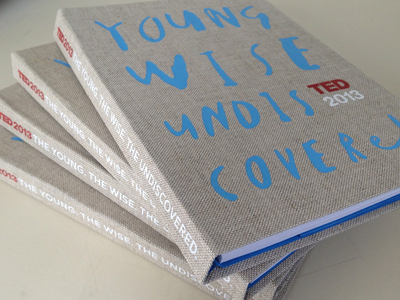MSBA Student Chris Smith provided this recap of a wonderful evening with Professor Andreas Widmer, Director of Entrepreneurship Programs at The Catholic University of America.
 |
| Professor Widmer, a former Swiss Guard, speaks with the MSBA Class of 2014 |
The next essential message Prof. Widmer bestowed upon the M.S. of Business
Analysis candidates was using and applying the gifts that God has given us. We
all have a different box of crayons, comprised of many different colors. Some
crayons we will use once, some crayons we will use throughout life. Sometimes
crayons are discovered and used later in life; but with whatever colors God has
given you, you must paint. All of the features that make you the individual God
has designed you to be: your skills, talents, knowledge, abilities, physical
features, all of your flaws, and ailments are crayons in the box. Thus
everyone’s life is a painting. In order to live the fullest life, no matter
what vocation you pursue, you must discover and use all of the gifts God has
given you.
 Rturning to the overarching theme of failure, Prof. Widmer said
it is here that we must learn how to succeed. Nothing is ever going to go as we
plan, however we must always keep improving, and trying. One example that
he gave was of a homeless priest who had lost his faith. He came to meet the
pope, who heard his confession, and brought him back into the faith. Thus, the
once homeless priest became the homeless outreach minister for the city of Rome.
Rturning to the overarching theme of failure, Prof. Widmer said
it is here that we must learn how to succeed. Nothing is ever going to go as we
plan, however we must always keep improving, and trying. One example that
he gave was of a homeless priest who had lost his faith. He came to meet the
pope, who heard his confession, and brought him back into the faith. Thus, the
once homeless priest became the homeless outreach minister for the city of Rome. Sometimes, I feel we all share the feeling of the homeless priest. At
points in life, we lose our path, and are unsure of how to use the gifts that
God has given us. However, as I pondered this story, I can say with much
certainty, the priest had never planned to become homeless, but who else would
know how to reach out to the homeless better than someone who has been
homeless? Homelessness became a crayon in the priest’s box. I believe that
Prof. Widmer truly connected to us with his overarching message: failure just
might be a crayon with which you must color. Just as the priest, you never know
where one failure will lead you to a beautiful success.
Sometimes, I feel we all share the feeling of the homeless priest. At
points in life, we lose our path, and are unsure of how to use the gifts that
God has given us. However, as I pondered this story, I can say with much
certainty, the priest had never planned to become homeless, but who else would
know how to reach out to the homeless better than someone who has been
homeless? Homelessness became a crayon in the priest’s box. I believe that
Prof. Widmer truly connected to us with his overarching message: failure just
might be a crayon with which you must color. Just as the priest, you never know
where one failure will lead you to a beautiful success. Thanks Chris! And now Professor Widmer is a colorful crayon in the MSBA box. We are all enriched and blessed by his presence and spirit and knowledge.
Stewart McHie
Director, Master of Science in Business Analysis
mchie@cua.edu











